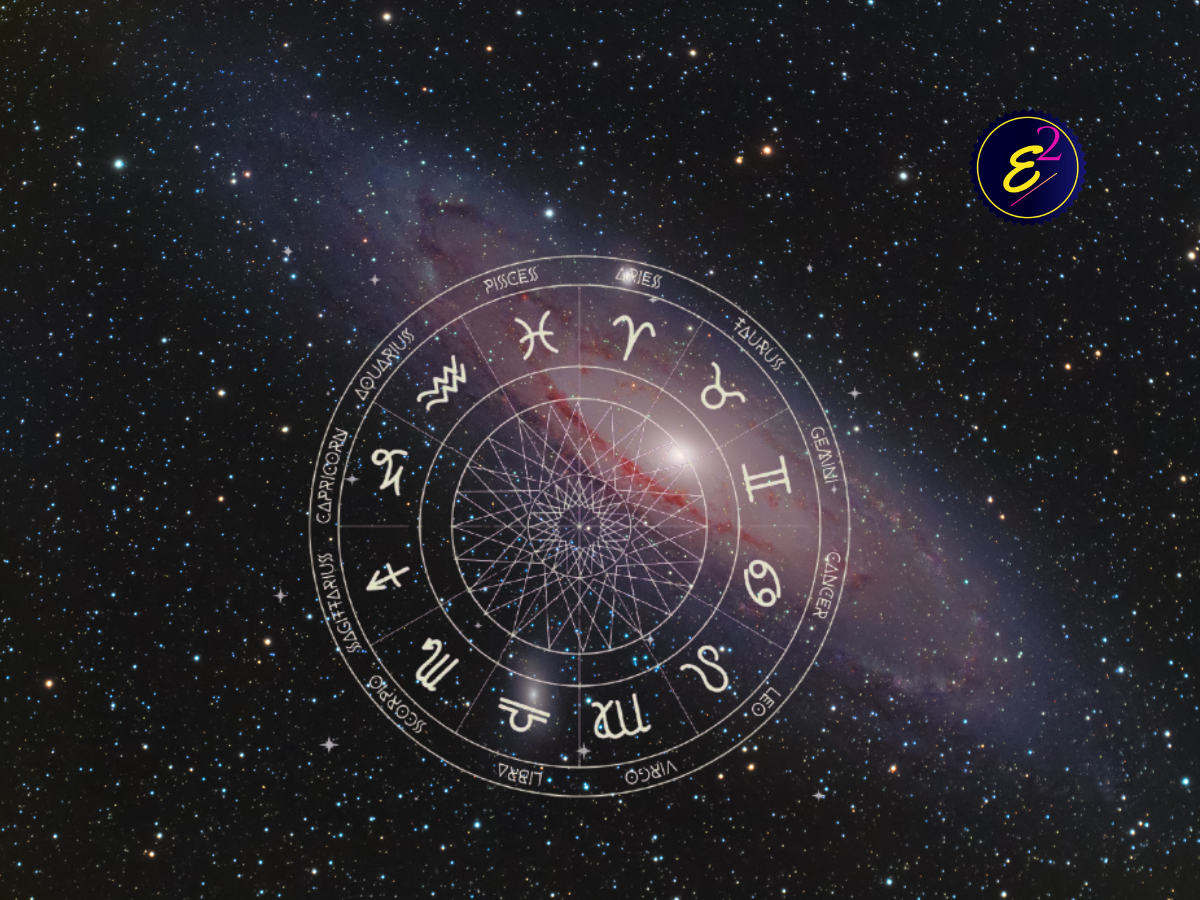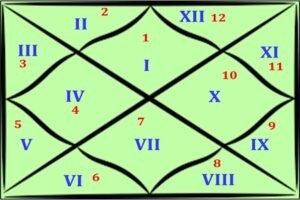Astrology consists of a number of belief systems that hold that there is a relationship between astronomical phenomena and events or descriptions of personality in the human world. Astrology has been rejected by the scientific community as having no explanatory power for describing the universe. Scietific testing has found no evidence to support the premises or purported effects outlined in astrological traditions. Study of astrology has been branded by the neo-scientists as a belief in superstition. Greater criticism has been heaped on astrology by those who have never bothered to study the subject. Many critics have questioned the basis of astrology, ignoring the fact that an understanding of a basis has to succeed and not precede an observation. The basis of gravitational pull was determined after the existence of the force of gravitation was recognised. Anyone who studies astrology with an open mind cannot but appreciate the fact that astrology is a highly developed science.
Astrology and science are distinct fields with differing methodologies, principles, and bases of knowledge.
Astrology
- Definition: Astrology is a belief system that suggests there is a relationship between the positions of celestial bodies and events on Earth, including human life and personality.
- Origins: It has ancient roots, with practices traced back to Babylonian, Egyptian, and Greco-Roman cultures.
- Methodology: Astrologers create charts (horoscopes) based on the positions of stars, planets, the sun, and the moon at specific times (e.g., birth). They interpret these charts to predict events or describe personality traits.
- Belief: It posits that celestial bodies influence human affairs and natural phenomena.
Science
- Definition: Science is a systematic enterprise that builds and organizes knowledge in the form of testable explanations and predictions about the universe.
- Methodology: It relies on empirical evidence, experimentation, observation, and the scientific method (hypothesis, experimentation, analysis, conclusion).
- Principles: It requires falsifiability, repeatability, and peer review to validate findings.
Key Difference:
- Empirical Evidence:
- Astrology: Lacks empirical evidence and is not based on controlled experiments. Predictions are often vague and non-specific, leading to confirmation bias.
- Science: Relies on empirical evidence and rigorous testing. Results are specific, measurable, and subject to falsification.
- Methodology:
- Astrology: Uses symbolic and interpretative methods. Astrological charts are created and interpreted based on established traditions rather than systematic investigation.
- Science: Uses the scientific method, including hypothesis formulation, controlled experimentation, observation, and replication of results.
- Testability:
- Astrology: Claims are generally not testable in a scientific sense. Predictions are often too broad or too flexible to be rigorously tested.
- Science: Claims are testable and falsifiable. Scientific theories must be able to make precise predictions that can be tested and potentially disproven.
- Acceptance:
- Astrology: Considered a pseudoscience by the scientific community because it lacks empirical support and does not adhere to scientific methodologies.
- Science: Widely accepted as a reliable method of understanding the natural world due to its basis in empirical evidence and reproducible results.
Common Misconceptions:
- Some people believe that astrology is scientifically valid because it uses complex calculations and appears systematic. However, complexity and systematic nature do not equate to scientific validity.
- Astrology’s persistence in popular culture does not provide evidence for its accuracy or reliability. Its appeal is often psychological, providing comfort and a sense of control over future events.
Science is grounded in empirical evidence and rigorous testing, whereas astrology is based on tradition and symbolic interpretation without empirical support. By definition, science means a knowledge ascertained by observation and experiment, critically tested, systematised and brought under general principles. Astrology strictly fulfils all these criteria. Two aspects of astrology deserve a special mention:
(a) The cause and effect phenomenon: Critics of astrology boast that physical sciences depend upon a cause and effect relationship, which astrology apparently lacks. They, however, fail to appreciate that astrology is a cosmic science and not bound by the limitations of a laboratory. In physical sciences, there may be a gross cause or a subtle cause, producing a physically visible or gross effect. Gravitation, which is a subtle cause, produces a gross effect of attracting a physical body towards the earth. In the case of astrology, the cause is always subtle while the effect is appreciable and predictable according to rules which have been developed and refined over the centuries. The subtle cause in case of astrology is the cosmic force represented by the disposition of the various heavenly bodies or ‘planets’. Physical scientists can only trace the cause from the apparent effect. It may be noted, however, that astrology deals with a multitude of phenomena on the earth. This being so, there are numerous parameters and a methodology more elaborate than any known physical science can boast of. Making correct predictions, therefore, is difficult and demands hard labour on the part of an astrologer. Unfortunately, the failure of an astrologer has been often misinterpreted as a failure of the science.
(b) The phenomenon of replication: Astrology is also criticised on the ground that its principles do not yield results which can be invariably replicated or reproduced. Physical sciences can, on the other hand, boast of a reproducibility of their various principles. It may be pointed out here that every correct
astrological prediction, in fact, underscores the principle of replication in astrology. Since astrology is a complex science, its every known principle has to be applied carefully, considering the numerous parameters and weighing the various pros and cons. In the ancient Indian scriptures, for example, numerous astrological dicta lie hidden. Unfolded and carefully applied today, they prove their eternal applicability and give dazzling results which the open minded scientists of today can only marvel at. It is no coincidence that a planetary combination present at the time of the Mahabharata war, and described by Karna to lord Krishna, also obtained, in a modified form, in 1914 when the World War I started; in 1942 when World War II was in progress, and again in 1971 at the time of the Indo-Pak conflict. During all these occasions, India got involved in the mess quite intimately. In 1965 too, when India and Pakistan clashed, a similar but modified planetary disposition arose. Before heaping any criticism on astrology, it will be interesting to watch when such a combination is likely to obtain in
future, and in what form.




